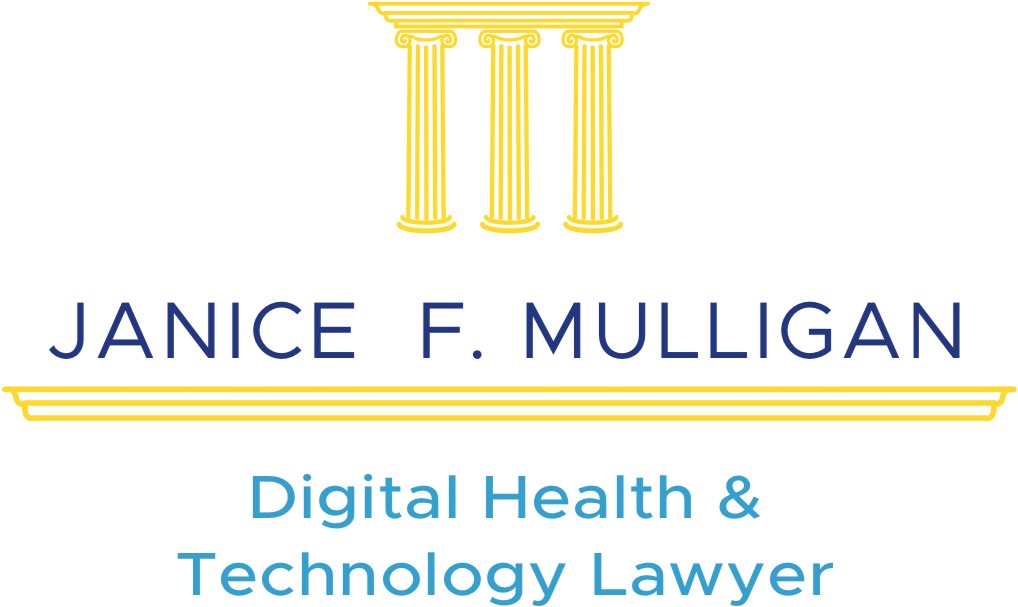SURGICAL ROBOT FAILURES ARE UNDER-REPORTED TO FDA
Patients considering robotic surgery are not getting the full picture of its risks, according to a new investigative report from Bloomberg (“Unreported Robot Surgery Injuries Open Questions for FDA“). Many “adverse events” — when something goes wrong — are never reported to the FDA, due to a deeply flawed reporting system.
“While a U.S. database lists reports of deaths and injuries sent to the Food and Drug Administration, the agency has no authority to force doctors to contribute. And while hospitals are supposed to report, they often don’t, critics say.”
“Every link in the chain has a reason not to report,” according to a source.
But surely, the FDA requires robots made to perform surgery to pass some test of safety and efficacy at some time, right? Wrong. Many medical devices, including many surgical robots, are not required to pass FDA “pre-market approval” testing prior to being used on patients. Instead, they are “grandfathered” into the market through a loophole in the pre-market approval process. A loophole which purportedly exists because the FDA lacks the resources to conduct testing or review data on every new product.
When clinical data on safety and efficacy is not required before the marketing of a new device, and adverse events are under-reported afterward, how can the FDA, hospitals or doctors make an informed decision on whether to use them — much less patients?
Bloomberg cites a plan announced by the FDA in September 2012 to improve its monitoring of medical devices, including working toward automated reporting of adverse events. But the reforms are not coming quick enough for many critics.
“[The ultimate goal] is years away and still won’t address the training and marketing issues that have been spotlighted by the Intuitive [da Vinci surgical robot]. The FDA doesn’t regulate doctor training on devices or most hospital device marketing.”
We’ve blogged about the importance of doctor training on surgical robots before (“CUTTING EDGE MEDICINE AT ITS FINEST – THE 2012 UCSD PATIENT SAFETY CONFERENCE“). Experienced surgeons continue to put down their scalpels for joysticks. Thankfully, some hospitals recognize the need for thorough training. But don’t think that the FDA requires it, approves it, or monitors it.
The robotic revolution is a sea change in surgical medicine that holds a lot of promise, a lot of risk, and deserves our full attention. Unfortunately, we are looking at an incomplete picture, painted by those with an incentive to keep it rosy.











